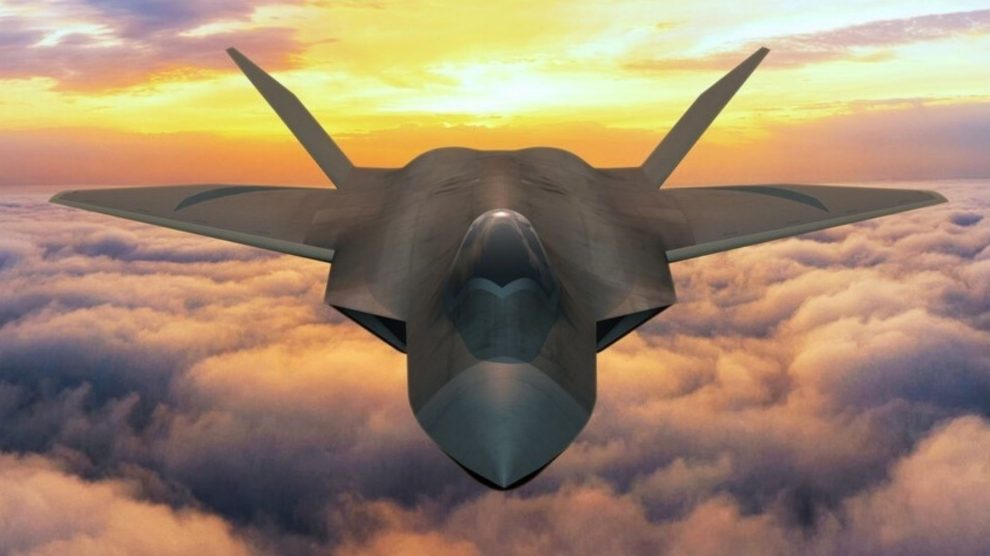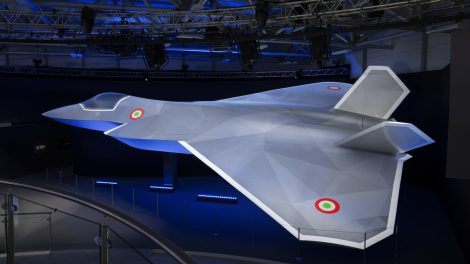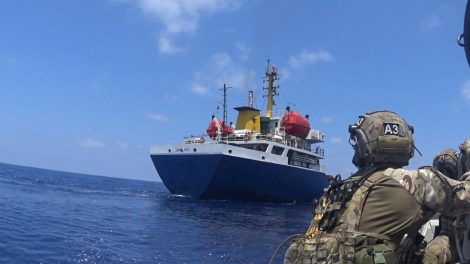The GCAP is a go. On Friday, the leaders of Japan, Italy and the United Kingdom officially kickstarted an “unprecedented” defence alliance to develop and build a future-proofed sixth-generation supersonic jet. The development phase will begin in 2024, and the aircraft is expected to become operational in 2035.
- The UK and Italy will merge their existing Future Combat Air programme, dubbed Tempest, with Japan’s own F-X project, with the three countries sharing development costs. The GCAP is Tokyo’s first major defence collaboration with any country other than the US.
- The new programme will be led by the national defence champions of each country: Italy’s Leonardo, Japan’s Mitsubishi Heavy Industries and the UK’s BAE Systems.
In Meloni, Kishida and Sunak’s words. “As leaders of Italy, Japan and the UK, we are committed to upholding the rules-based, free and open international order, which is more important than ever at a time when these principles are being challenged and threats and aggression are on the rise,” said the countries’ Prime Ministers in a joint statement.
- Through the GCAP, Italy, Japan and the UK will further develop their long-standing defence ties and accelerate their advanced military capabilities and technological advantage, reads the text. “It will deepen our defence cooperation, scientific and technological collaboration, integrated supply chains, and further strengthen our defence industrial base.
- “By working together in a spirit of equal partnership, we are sharing the costs and benefits of this investment in our people and technologies […] Importantly, the programme will support the sovereign capability of all three countries to design, deliver and upgrade cutting-edge combat air capabilities, well into the future.”
The geopolitical dimension. The joint collaboration, remarked PM Sunak, underscores that the security of the Euro-Atlantic and Indo-Pacific areas is “indivisible” – meaning they cannot be approached separately, and “cooperation between NATO and partner countries, such as Japan, must be reinforced,” as a Japanese diplomatic source told our sister website Formiche.net.
- Secondly, as Alessio Patalano (professor of war and strategy in East Asia at King’s College London) wrote on Nikkei, GCAP also signifies the UK’s rethinking of its Indo-Pacific pivot – due to Russia’s war in Ukraine and its repercussions on the European security framework. He called it a “minilateral” approach, a drive – not unlike its AUKUS deal – to accelerate tech development and ensure the competitiveness of its industry.
- Thirdly, GCAP is also a result of security challenges arising from China and Russia, which have often exploited industrial dependencies for political advantage. The Japan-Italy-UK agreement is an important building block for strengthening the three countries individually, the relationship between them and their allies more generally, starting with the US, as well as, generally speaking, the democratic front in the face of the rise of autocracies.
The announcement came just weeks before Germany hands over to Japan the G7 presidency, which will then be Italy’s in 2024.
Image: BAE Systems




